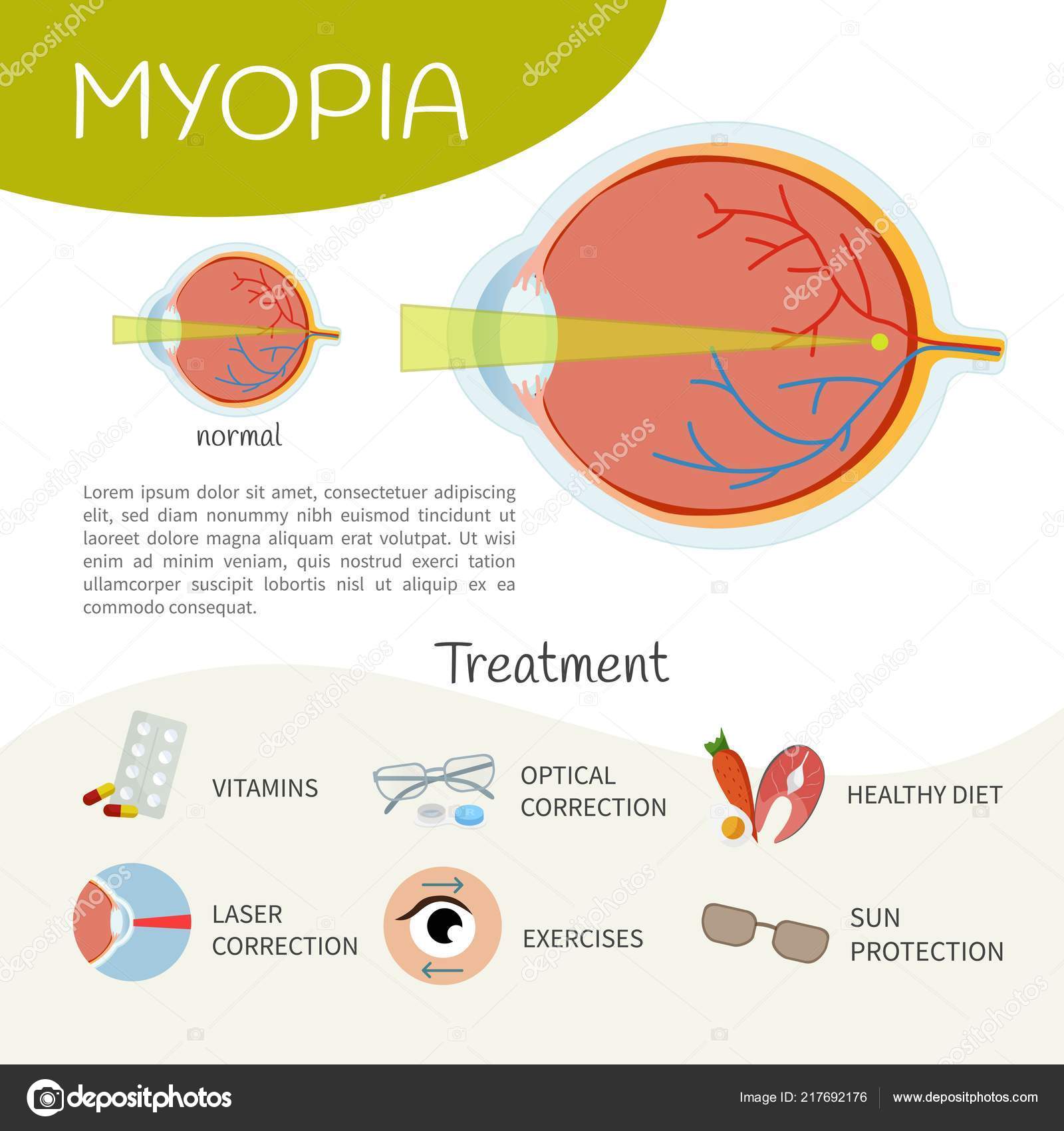Navigating Cataract Surgical Procedure: A Caretaker'S Perspective On Sustaining A Family Member
Navigating Cataract Surgical Procedure: A Caretaker'S Perspective On Sustaining A Family Member
Blog Article
Composed By-Bynum Husum
As a caregiver sustaining a liked one dealing with cataract surgical treatment, your function is important in ensuring their comfort and recuperation. From pre-surgery prep work to post-operative treatment, your presence and support can make a substantial distinction in their journey. Comprehending the emotional and physical obstacles they might encounter, supplying practical help, and being their column of assistance are crucial elements in this procedure. Remember, your duty surpasses simply providing help; it has to do with being a source of strength and convenience during a substantial stage in their life.
Understanding Cataract Surgery Process
Exploring the steps associated with cataract surgical treatment can help relieve any kind of stress and anxiety or uncertainty you might have regarding the treatment. Cataract surgical procedure is a common and very effective procedure that entails removing the cloudy lens in your eye and replacing it with a clear artificial lens.
Prior to the surgical treatment, your eye will be numbed with eye drops or an injection to ensure you do not feel any pain during the procedure. The cosmetic surgeon will certainly make a tiny incision in your eye to access the cataract and break it up using ultrasound waves before carefully removing it.
Once the cataract is gotten rid of, the artificial lens will be placed in its location. The entire surgery usually takes around 15-30 minutes per eye and is usually done one eye at a time.
After the surgery, you might experience some mild pain or obscured vision, yet this is normal and ought to boost as your eye heals.
Preparing for Surgical Procedure With Each Other
To make sure a smooth and worry-free experience, getting ready for cataract surgical treatment with each other can make a considerable distinction in your liked one's trip. Begin by participating in doctors on cataract surgery -surgery appointments with them. In this manner, you can ask inquiries, recognize the treatment, and provide emotional support.
Help them arrange their pre-operative directions, medications, and transport to and from the medical facility. Make sure their home awaits their healing by establishing a comfy space with simple access to vital things.
Aid which lens for cataract surgery in arranging for post-operative treatment if required, such as help with dishes or family duties. Urge them to comply with the medical professional's guidance regarding fasting prior to surgical treatment and drug methods.
Comfort them that you'll be there for them every step of the method. By proactively joining the prep work procedure, you can minimize stress and anxiety and guarantee that your loved one feels sustained and cared for during this important time.
Post-Operative Care Tips
After cataract surgery, giving appropriate post-operative treatment is critical for your enjoyed one's recuperation. Ensure they use the safety shield over their eye as instructed by the medical professional. Help them carry out prescribed eye declines and medications on time to avoid infection and help healing.
Encourage your loved one to stay clear of touching or scrubing their eyes, as this can lead to issues. Help them in following any constraints on flexing, lifting hefty things, or taking part in laborious tasks to stop stress on the eyes. Ensure they go to all follow-up visits with the eye doctor for checking progress.
Keep the eye area clean and dry, avoiding water or soap directly in the eyes. Encourage your loved one to use sunglasses to shield their eyes from bright light and glare during the healing procedure. Hold your horses and encouraging as they recoup, supplying aid with day-to-day jobs as required.
Final thought
Finally, supporting an enjoyed one via cataract surgical procedure involves being there every action of the way, from pre-surgery preparations to post-operative treatment. Your emotional support, practical support, and motivation can make a considerable difference in their recuperation procedure. By remaining notified, arranged, and conscientious to their requirements, you can help make certain an effective result and offer them with the convenience and reassurance they need during this challenging time.
